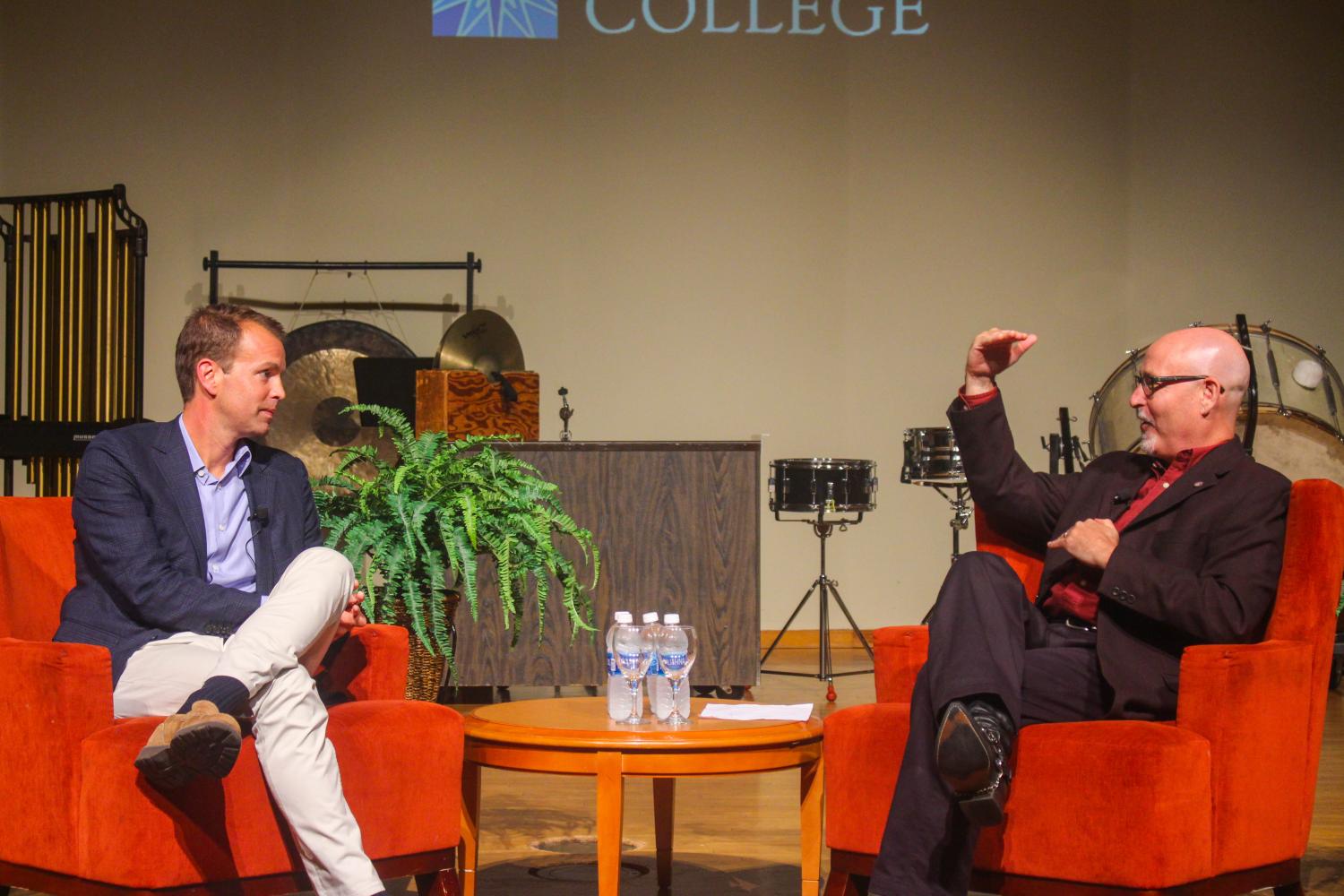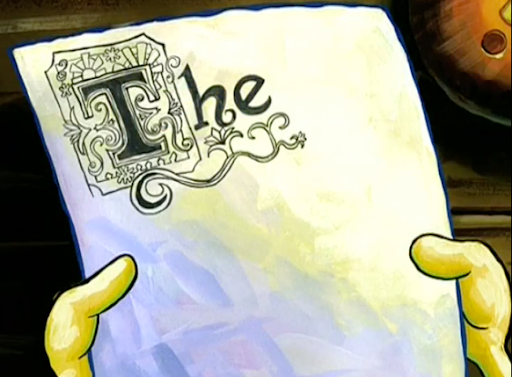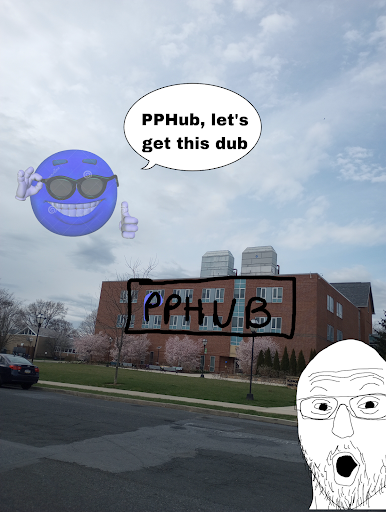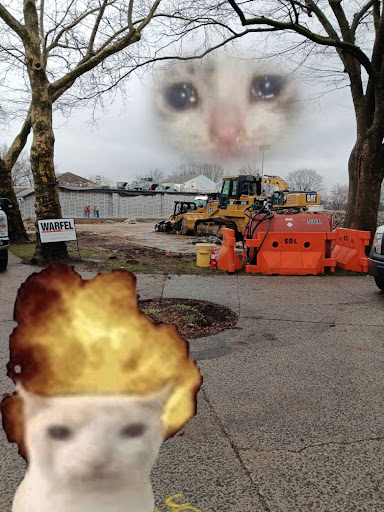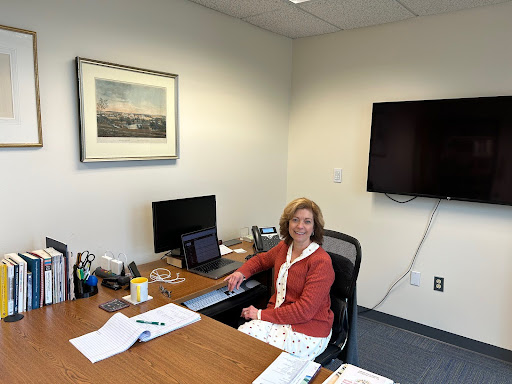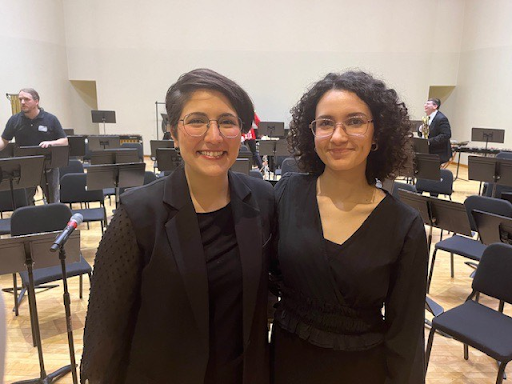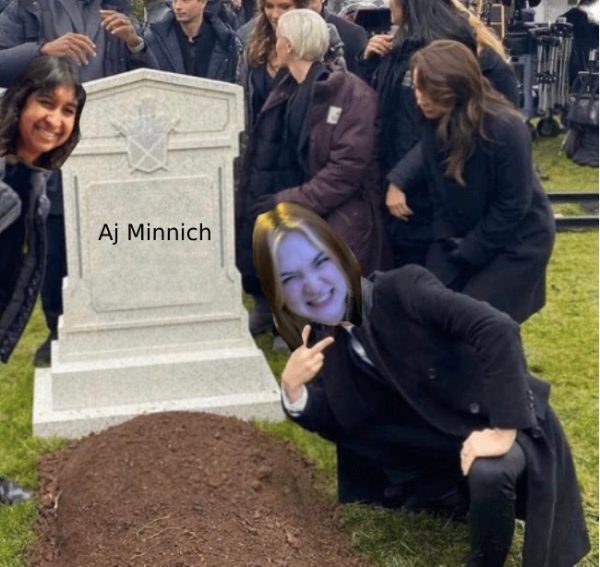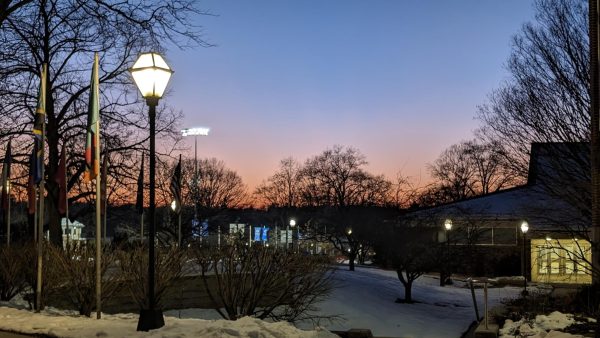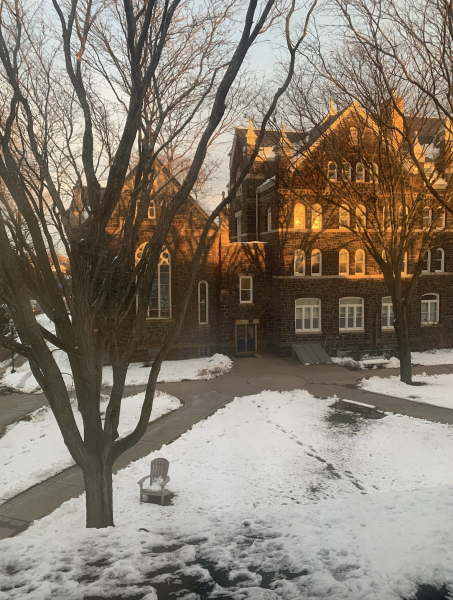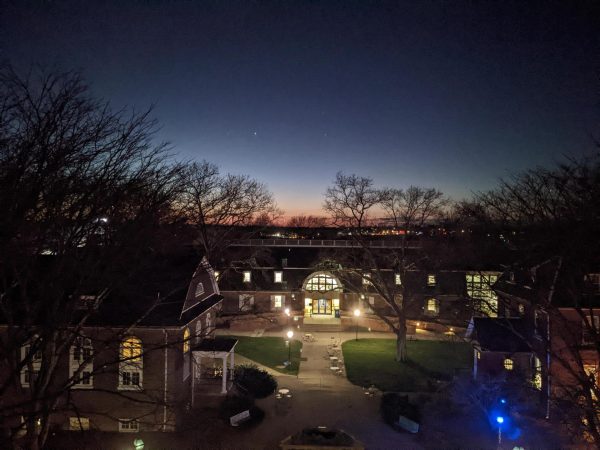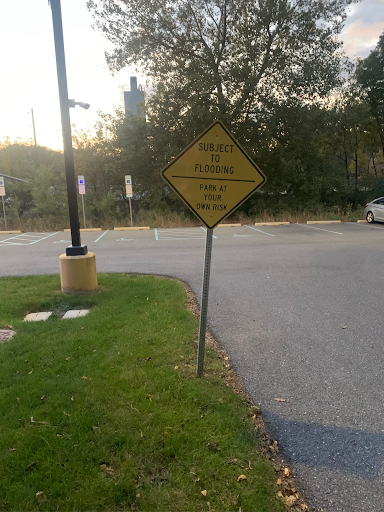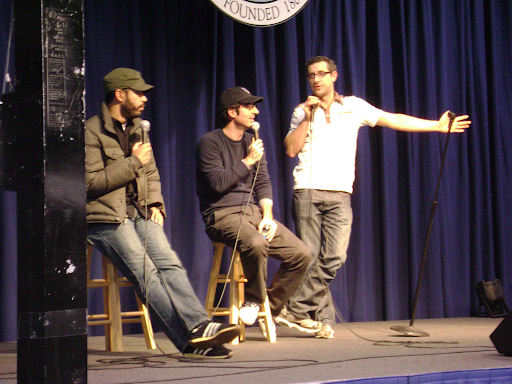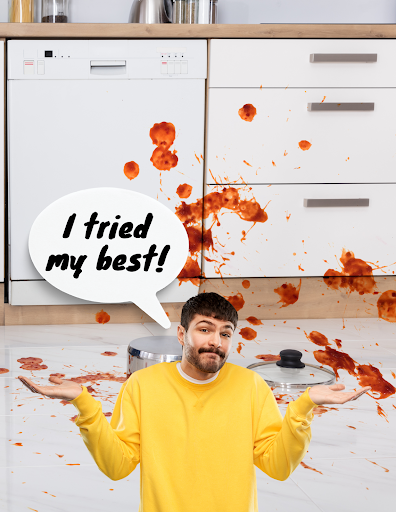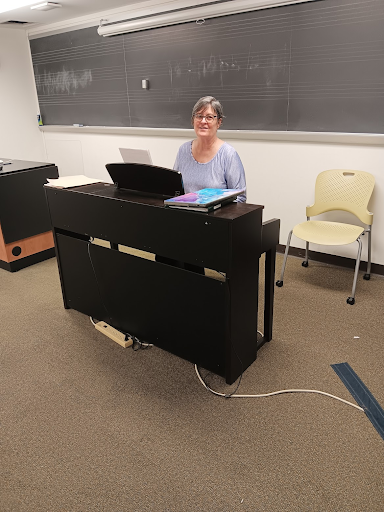8 Questions for HBO’s Casey Bloys
Left to Right: Casey Bloys and Dr. Joel Nathan Rosen
On Wednesday, Sept. 6, HBO’s president of programming, Casey Bloys, came to Moravian College to discuss his work at the cable network giant. Following his presentation in Foy Hall, The Comenian spoke with Bloys, a Lehigh Valley native. Below is an edited transcription of our interview.
How has the Lehigh Valley changed since you grew up here? What do you miss the most?
I left when I was 18, and I’m 46 now. That’s a long time. I come back once a year to visit my family for Thanksgiving. How has [the Lehigh Valley] changed? I think as with any place there’s a lot more real estate than there was when I lived here. A lot more corn fields have turned into housing developments. What do I miss about the Lehigh Valley? My family.
Do you have any advice for college or graduate students looking to break into the film and television industry?
Move to Los Angeles and be around people doing what you want to do.
What are the best and worst parts of your job?
The best parts are when a show connects, does well, gets nice reviews, and gets a good audience response. The worst parts are when it doesn’t! Flipsides of the same coin.
How do shows get stolen, as happened with an episode this season of “Game of Thrones“?
You mean piracy? That gets into an area I don’t know about. I don’t even know what a BitTorrent site is! But I know that’s where [pirates] put some of our shows.
What’s a typical day for you?
I drop off my kids [10-year-old twins] at school. I get to the office. I deal with shows that are in development and shows that are on the air. So, generally speaking, in a day I deal with the heads of drama, heads of comedy, the head of late night, the head of mini-series. It’s basically phone calls with everybody, because in each department there are either problems that need to be dealt with or advice to give to the heads of departments. Occasionally I’ll be in pitches, and occasionally I’ll have something at night like a dinner or some sort of event. Every day [presents] a different problem to be solved.
What do you think is the biggest challenge in producing for a company as big as HBO?
There are so many good writers out there and good ideas and good T.V. shows. I think the challenge is selecting the right ones, because you can’t do everything. We have to make the choices and try to make the best guess as to what shows people are going to respond to and what shows will be right for HBO. It’s an imperfect science. That old saying, “Nobody knows anything,” is really true. We can guess, we can place bets on people we believe in, but to some extent the process is the process. There’s a little bit of luck involved.
What is your favorite show that you’ve produced?
That’s a hard one. It’s like asking which is your favorite child. Each one is different, each one is special, each one has good qualities and bad qualities. So even if I were to say, “Oh, I like this one,” well, then I’ll think of another one and say, ”Oh, but I like that one, too.” And then I’ll go through the whole list. But it is hard to pick one, because I’m proud of a lot of shows I’ve done.
When you were younger and even in college [at Northwestern University] did you envision doing what you’re doing now?
I always wanted a career in television. I didn’t necessarily know with what. I didn’t know how that worked. And partly why I say, “Move to Los Angeles.” That’s part of figuring it out. Whatever industry it is you want to work in, you have to figure it out. Some [career paths] are obvious. If you want to be a doctor, you go to medical school. There’s a clear path. There’s no clear path[in entertainment]. There’s no one way in. It doesn’t matter which major [you choose]. The nice thing about entertainment is anybody can qualify, because, again, it’s not an exact science. You are not evaluating somebody’s heart. You know you’re giving your opinion on a T.V. show, so it’s subjective.


